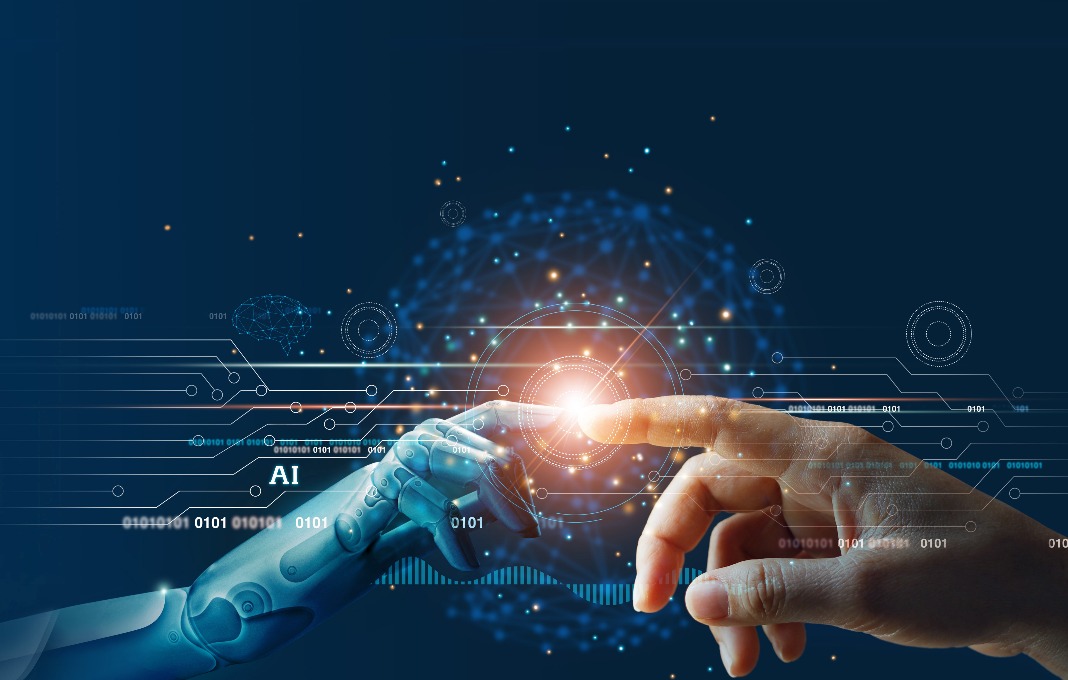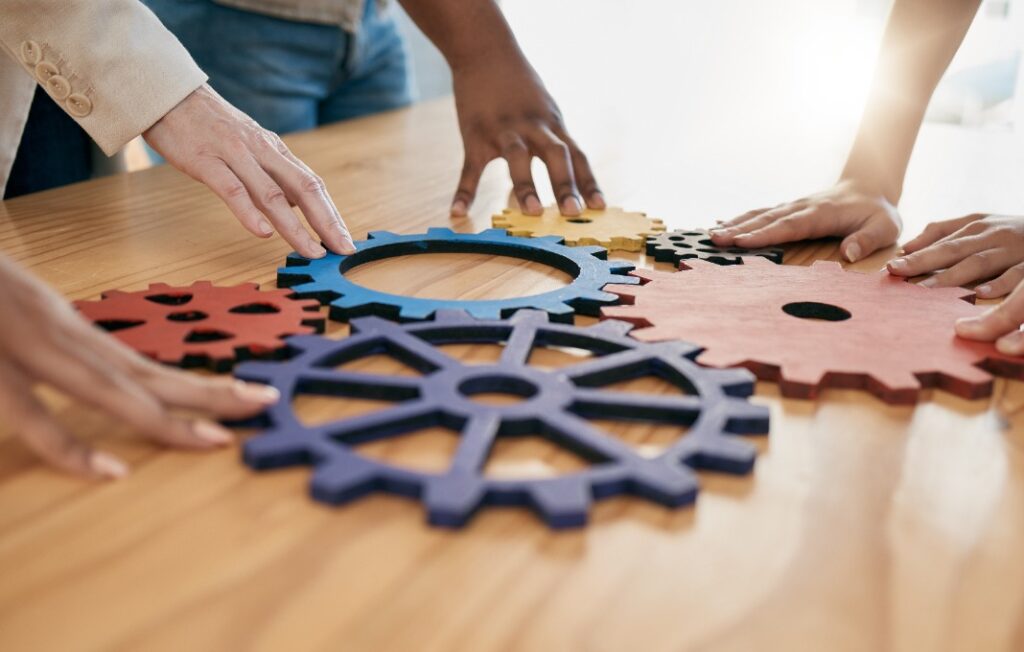Rapidly advancing, Artificial Intelligence (AI) is becoming a powerful thinking machine. That raises the question, especially in terms of future careers but also as it relates to having a purpose and adding value to society: What can humans do? My answer is that humans will find that their highest and best use involves emotion, empathy and interpersonal relationships. At that point, we will be in a Feeling Economy, in which AI specializes in thinking, and humans specialize in feeling. We are not there yet, but the trend is already clear and supported by empirical data.
The Feeling Economy is an economy in which human employment and wages are more attributable to feeling tasks and jobs. Feeling/empathetic tasks are the “soft” aspects of a job, for example, communicating with people, establishing and maintaining relationships, and influencing others. Doing these tasks well requires human workers to have good EQ and good soft, social and people skills. Those people skills are not highly valued in the Thinking Economy, compared with hard skills. It is a “soft” service economy, compared with the “hard” service Thinking Economy (e.g., engineers), and service jobs emphasizing those soft skills will be booming (e.g., marketers).
The Feeling Economy is characterized by humans doing the feeling tasks and machines doing the thinking tasks. This may upend the current social order. For example, groups that currently dominate in the Thinking Economy (e.g., white people, Asians) may find that their advantage declines in the Feeling Economy. Some traditionally less-advantaged people (e.g., ethnic minorities, women) may find that they are no longer disadvantaged in the Feeling Economy, and some groups (e.g., women) may achieve a significantly higher status.
If we say that the Thinking Economy is the present, then the Feeling Economy is the emerging future. We are not totally there yet, but we are marching toward it. In the Feeling Economy, we expect to see the following turnarounds:
Female workers advance: In the Feeling Economy, women will outnumber men for higher paying feeling jobs in fields such as health care and education. In fact, those service industries are growing much faster than manufacturing, which is stagnant or declining. This trend is exacerbated by the fact that manufacturing companies use fewer workers than they used to, because of the combination of automation and off-shoring. Jena McGregor’s report in the Washington Post confirms this shift. She concluded that the reason females move up the job ladder is because their original administrative assistant jobs have been replaced by machines. Based on Labor Department data, Heather Long, also in the Washington Post, reports that since 2000, manufacturing workers, administrative assistants and clerks have experienced the biggest job losses. Those jobs (except for manufacturing workers) are dominated by women.
Soft service dominates: The Feeling Economy is characterized by humans returning to their human nature as feeling people, rather than training themselves to think like machines, while machines continue to excel at thinking (currently advancing from analytical to intuitive). The more advanced AI becomes, the more humans need to develop their soft skills for work and for life. In the Feeling Economy, thinking AI will be even more mature and therefore will assume many of the thinking tasks and jobs. As a result, humans will need to focus on the feeling side.
Not only are feeling tasks becoming more important, feeling-oriented sectors of the economy dominate as well. The Feeling Economy will still be a service economy, but it will be dominated by “soft service” (healthcare, management, personal care) in which feeling tasks are more important, as opposed to the “hard service” (computer, engineering, legal) that dominates the Thinking Economy. Consequently, we will see that the service economy will expand on the soft side. Based on occupational employment data from the Bureau of Labor Statistics, the growth of the feeling employment is mainly driven by the personal care and service industry (38.93%), followed by business and financial operations (24.97%) and healthcare practitioners and technical (23.90%). The growth momentum is also strong for the management (20.33%) and the food preparation and serving-related (17.70%) industries (although the coronavirus pandemic may now inhibit the latter).
Less inequality? There might be a fair chance for those who are “artificially disadvantaged” in the Thinking Economy to have a better opportunity to correct this disadvantage and get their talents rewarded properly. This potential for a more inclusive economy not only is for previously disadvantaged groups (such as women and Black Americans), but also for those who are artificially disadvantaged in the Thinking Economy. In the Feeling Economy, many previously disadvantaged groups or individuals may have a better chance to develop their talents and be included in the labor market. A boy who wants to become an artist will no longer have to resign himself to majoring in science or suffer from being lectured by parents about having no future, because in the Feeling Economy he can make a good living by developing soft skills like creativity and intuition.
Such a turnaround has two meanings: 1) it gives those who are “feeling-talented” but artificially disadvantaged in the Thinking Economy a fairer chance in the Feeling Economy, and 2) it appreciates human nature more, rather than try to train everyone (regardless whether they are thinking or feeling people) to be a scientist or engineer.
All the evidence indicates the emergence of the Feeling Economy. These data also give us a clearer idea about what the feeling sector will be composed of and what humans can do to succeed and flourish.









